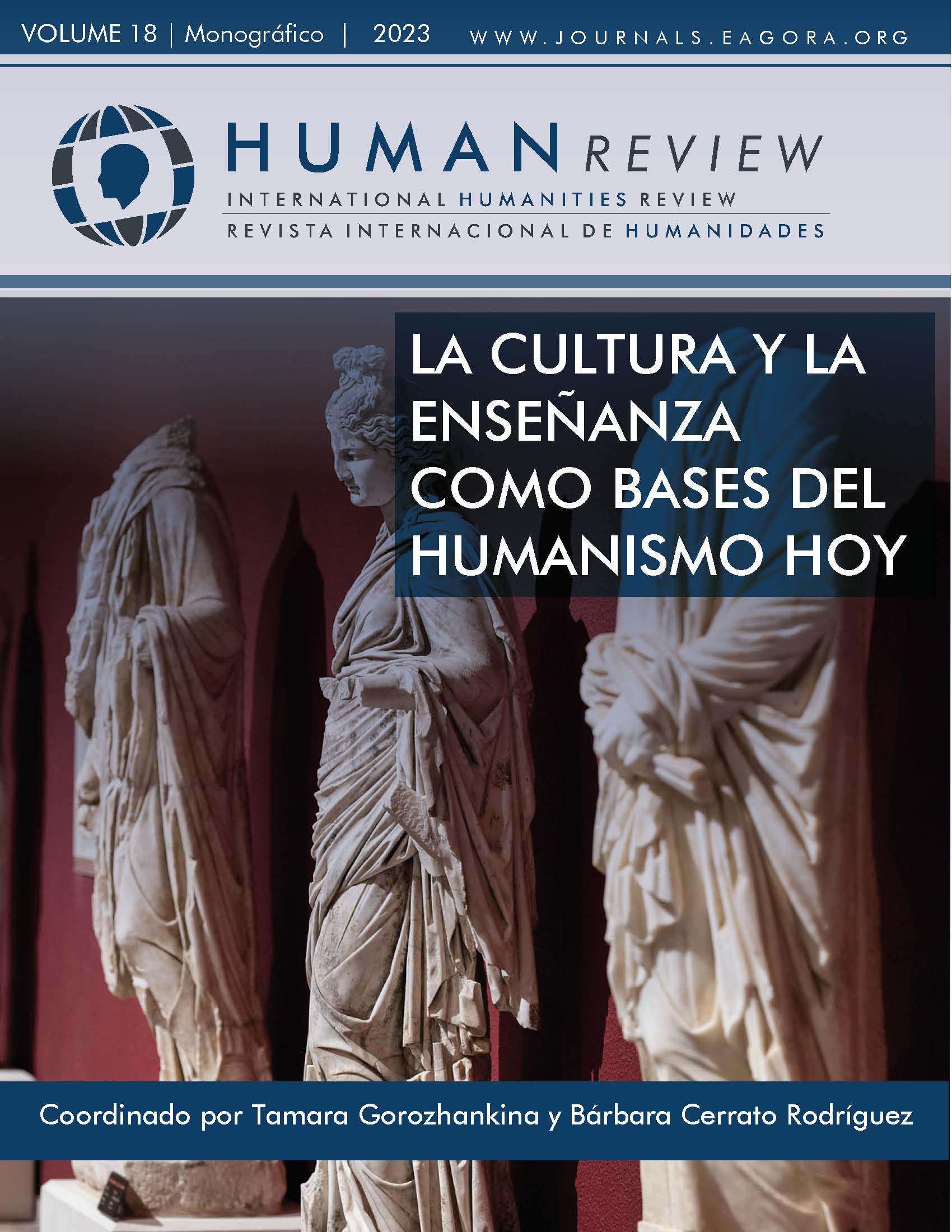Collaborative processes in learning and research communities
A narrative and dialogic approach
Keywords:
Learning community, Collaborative processes, Participation, Reflective practices, Dialogic processes, Narratives, Continuing educationAbstract
The article focuses on understanding the development of learning communities, reflecting on collaborative processes in two research groups. It corresponds to an experience account, crossing the eyes of the two authors during an doctorate internship in Lisbon, accomplished by the first and supervised by the second. Actions of acceptance, belonging and sharing are evident, but also conflicts arising from cultural differences between individuals and groups. In the very co-construction of this article, which involved the confrontation and complementarity of narrative testimonies of the same and different situations, an intersubjective and dialogic process is assumed in the construction of knowledge.
References
Charmaz, K. (2009). Construção da teoria fundamentada: guia prático para análise quantitativa. Artmed.
Collie, R., Shapka, J., Perry, N., Martin, A. (2015). Teacher Well-Being: exploring its components and a practice-oriented scale. Journal of Psychoeducational Assessment, 33(8), 744-756. Universidade de Western Ontário.
Daltro, M., & Faria, A. A. (2019). Relato de experiência: Uma narrativa científica na pós-modernidade. Estudos e pesquisas em psicologia. 19(1), 223-237. http://pepsic.bvsalud.org/pdf/epp/v19n1/v19n1a13.pdf .
Flores, M. A., Caetano, A. P., Freire, I., Veiga-Simão, A. M. (2020). Formação de professores em contextos colaborativos: gênese e variações de um projeto. Cenários de mudança na educação. Cap. 1; p.15-48. Appris.
Mattar, M. (2020). Poemóbiles: o livro além do livro. Estudos de Literatura Brasileira Contemporânea [online]. n. 59. https://doi.org/10.1590/2316-40185911
Nascimento, E., Cornaccione Jr, E., Carvalho, M. (2022). A dor nos tempos da Covid-19: Transtorno de adaptação nos professores do ensino superior brasileiro. SciELO Preprints. https://doi.org/10.1590/SciELOPreprints.2734
Nóvoa, A. (2022). Escolas e professores proteger, transformar e valorizar. SEC/IAT.
Nóvoa, A. (2009). Professores Imagens do futuro presente. Educa.
Nunes, N., Vieira, A. (2012) Con(s)ciência Linguística: a etimologia e a ironia do significado das palavras. Pensar diverso, nº 3, 131-149. Universidade da Madeira. https://www.researchgate.net/publication/301487673_Consciencia_Linguistica_a_Etimologia_e_a_Ironia_do_Significado_das_Palavras
Rocha, A. S., Caetano, A. P., Paz, A. L. (2021). Narrativas entrelaçadas no ensino superior - Como nos constituímos enquanto comunidade e produzimos colaborativamente conhecimento emancipatório sobre investigação baseada em artes? Revista Brasileira de Educação do Campo, 6, e12458. https://sistemas.uft.edu.br/periodicos/index.php/campo/article/view/12458/19148
Santos, K., Caldas, C., Silva, J. (2022). Pandemia da covid-19, saúde mental, apoio social e sentido de vida em professores. SciELO Preprints.
Stoll, L., Bolam, R., McMahon, A., Wallace, M., & Thomas, S. (2006). Professional learning communities: a review of the literature. J Educ Change. 7, p. 221-258. https://link.springer.com/article/10.1007/s10833-006-0001-8#citeas
Troitinho, M. C. R., Silva, I. B., Sousa, M. M., Santos, A. D. S., Maximino, C. (2021). Ansiedade, afeto negativo e estresse de docentes em atividade remota durante a pandemia da COVID-19. Trabalho, Educação e Saúde. 19.
https://www.scielo.br/j/tes/a/W93PH7nPTTMtYpDDC3bZXTR/ https://doi.org/10.1590/SciELOPreprints.3575
Walton, E., Carrington, S., Saggers, B., Edwards, C., Kimani, W. (2019). What matters in learning communities for inclusive education: a cross-case analysis. Professional Development in Education, 48:1, 134-148. Taylor&Francis. https://www.tandfonline.com/doi/full/10.1080/19415257.2019.1689525
Zaner, R. M. (2004). Conversations on the edge: Narratives of ethics and illness. Georgetown University Press.
Downloads
Published
Issue
Section
License
All articles are published under an Attribution-NoDerivatives 4.0 International (CC BY-ND 4.0) license. Authors retain copyright over their work.

